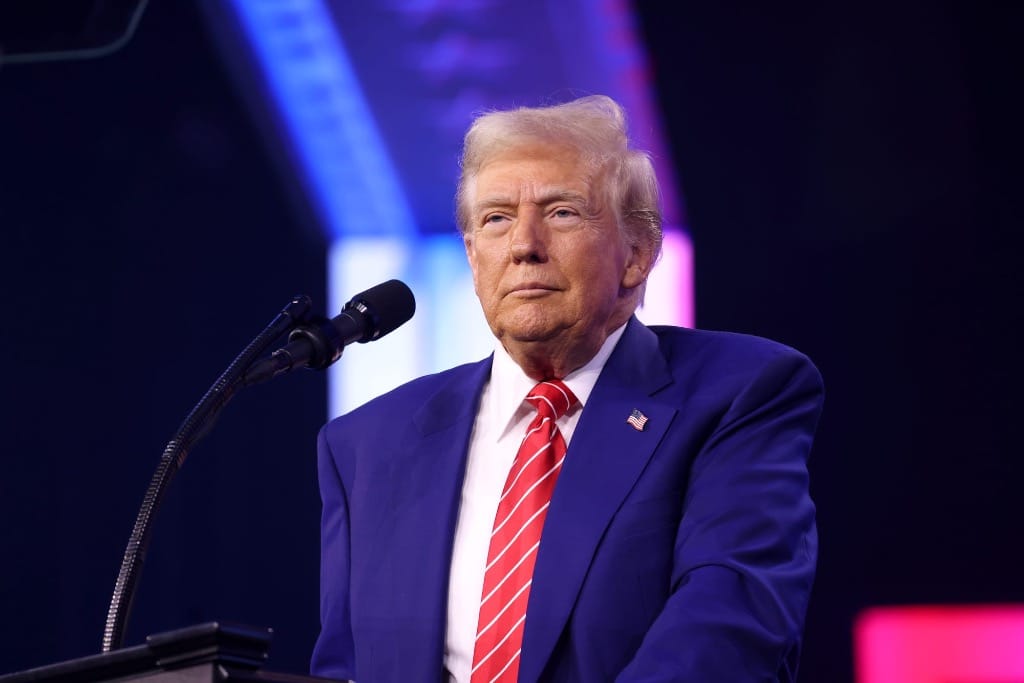Judge Temporarily Blocks Trump Funding Freeze
A spreadsheet circulated by the OMB and attached to this story showed thousands of programs up for review, including BEAD.
Jake Neenan

WASHINGTON, Jan. 28, 2025 – A federal judge in Washington froze the Trump administration’s freeze on federal funding until at least Feb. 3, the Associated Press reported.

Instructions for Federal Financial Assistance Program
The White House had circulated a memo telling agencies to pause all obligation and disbursement activities from Tuesday afternoon until Feb. 10, an effort to give Trump appointees to review them for ideological alignment with the administration. Nonprofit groups sued to block the move, leading District Judge Loren AliKhan to grant an administrative stay, as did a set of Democratic attorneys general.
Before the stay, things were up in the air.
Industry experts read the memo as applying to the $42.5 billion Broadband Equity, Access, and Deployment program, the Biden-era effort to end the digital divide. The White House then released updated guidance Tuesday afternoon that appeared to walk back some sweeping language in the memo, saying only programs implicated by certain executive orders would be paused.
But a spreadsheet circulated by the Office of Management and Budget and obtained by multiple news outlets, including Broadband Breakfast, showed thousands of programs up for review, including BEAD and every other federal broadband grant program, plus Federal Communications Commission subsidies and expired programs like the Affordable Connectivity Program.
Tuesday morning, even before the conflicting signals, several people said they would be watching Howard Lutnick’s confirmation hearing on Wednesday for signs from Senators as to where things stand. Lutnick was tapped by Trump to head the Commerce Department, which houses the agency that manages BEAD.
The attempted funding freeze came less than a week after some in the industry were similarly alarmed that a separate executive order pausing funding for some Infrastructure Act projects applied to BEAD, only to have a follow-up memo clarify that just certain energy projects were affected.
Blair Levin, policy advisor at New Street Research and former FCC chief of staff, noted Tuesday morning that it was unlikely the National Telecommunications and Information Administration would have approved new BEAD spending plans by Feb. 10 even without a directive. But for the three states with those approvals in hand, the judge’s move to block the freeze takes away some uncertainty as to whether they can access their funds for the time being.
The industry has been watching BEAD’s status in the Trump administration, both because of its especially large pot of cash and because Republicans have signalled an intent to change certain rules, like a preference for fiber, in a way some say could be time-consuming. More than half of all states have started fielding grant applications under the current rules.
But a funding pause could still be devastating to some projects already underway from other funding programs, said Jade Piros de Carvalho, Bonfire Infrastructure Group's vice president of broadband advocacy and partnerships. She noted multi-billion dollar programs like the Capital Projects Fund and Tribal Broadband Connectivity Program, and others are still disbursing funds to grant recipients, many of which are small providers.
"If you're a large provider, you can float a bunch of capital," she said. "But if you're a tiny provider or a tribe and you don't get paid.. that's tough, right?"









Member discussion